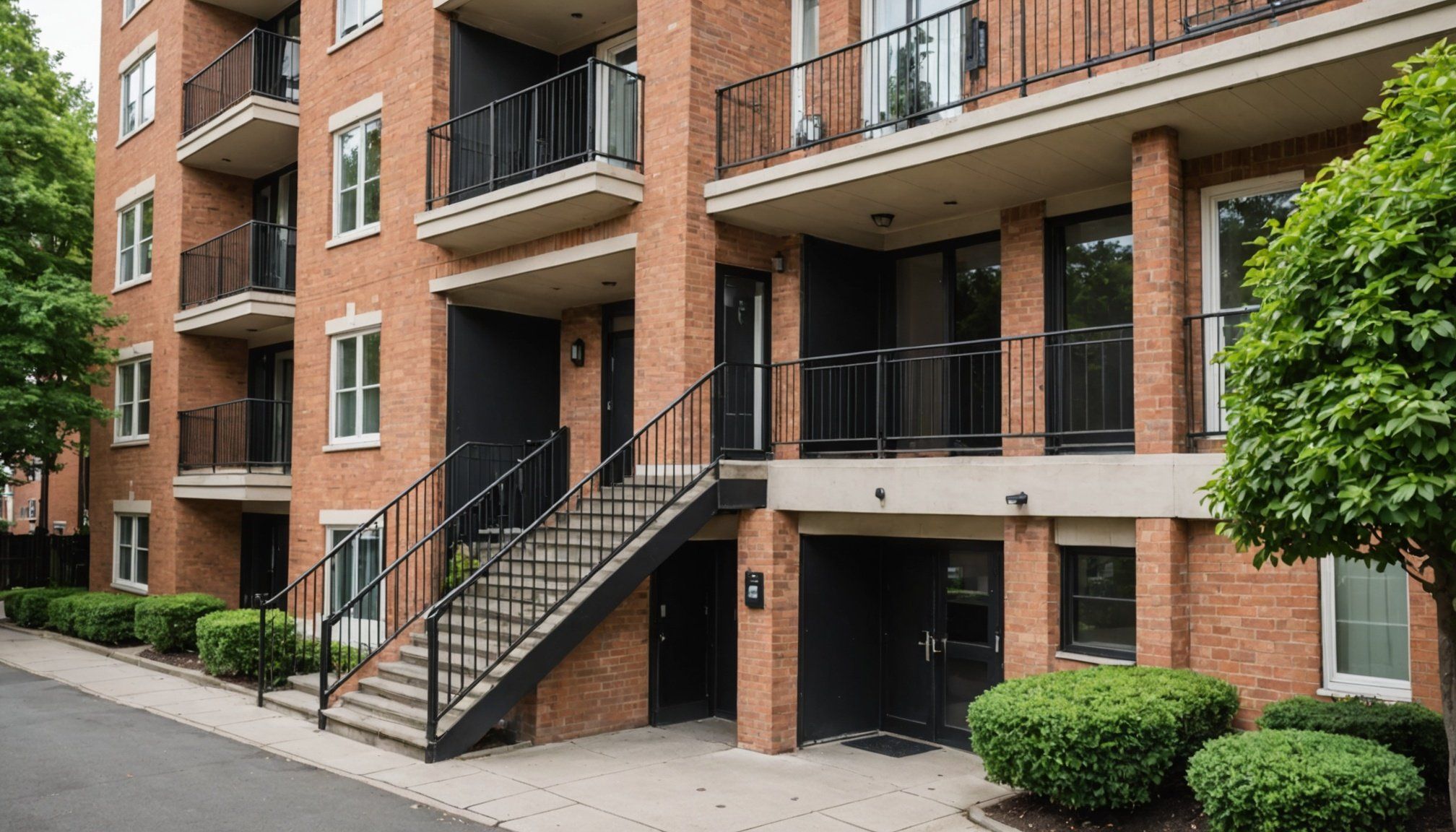Understanding Your Rights in UK Apartment Complexes
Navigating the world of UK housing can be tricky, especially when it comes to understanding your legal rights as a tenant. In the UK, knowing your tenant rights is crucial for maintaining a fair and respectful relationship with your landlord.
Tenant Rights and Accessibility
A key aspect of UK housing laws involves accessibility in apartment complexes. Tenants should be aware that buildings must meet certain standards, ensuring safe and equal access. This includes provisions for elevator access and staircase safety, which are vital for tenants with mobility issues.
Relevant Legislation
The Equality Act 2010 plays a significant role by requiring landlords to make reasonable adjustments for disabled tenants. This may include ensuring elevator access or improving stair safety. The Building Regulations 2010 further detail the criteria for accessibility features, impacting both new and existing buildings.
Consequences for Non-Compliance
Landlords who fail to comply with these standards could face legal repercussions. Tenants have the right to seek enforcement through complaints to the relevant authorities or potential legal action to resolve accessibility issues. By understanding these tenant rights, tenants empower themselves to pursue a living environment that respects their needs and legal protections.
Preparing for Negotiations with Property Management
Effective communication strategies are vital when preparing to negotiate with property management. Clear, transparent communication sets the groundwork for a successful interaction before a move. It’s essential to approach these situations with a combination of diplomacy and assertiveness.
One effective approach is to be proactive in landlord interactions. Gather all necessary information about the property and tenancy terms to demonstrate your preparedness. When discussing concerns or requests, present them logically and calmly. This not only helps in articulating your needs but also shows that you’ve done your homework, which landlords appreciate.
Negotiation tips can aid in striking a balance between firmness and flexibility. Start by understanding your own goals and limits. If you’re aware of what you can compromise on and what you can’t, you’ll be better equipped to negotiate effectively. Engage in active listening to understand the landlord’s perspective, making them more likely to reciprocate your openness.
Building rapport with property management can also facilitate smoother negotiations. Establishing a respectful relationship can lead to mutual trust, which often results in more favourable outcomes. Remember, negotiation is not just about winning but finding a solution that satisfies both parties.
Best Practices for Planning Your Move
When planning a move, consider the myriad of moving logistics involved to ensure a smooth transition. Begin by evaluating the accessibility of your current and new residence. If either involves multiple stories, consider the availability of elevators or stairs. This is crucial as it influences not only your packing strategy but also the potential need for additional equipment or manpower.
Another vital aspect is scheduling your moving services. Many buildings have specific guidelines regarding when moves can occur, particularly in urban settings where regulations are common. Aligning your schedule with these rules is essential to avoid last-minute surprises or potential penalties.
When dealing with different apartment layouts, flexibility becomes key. A studio apartment, for instance, may require a different approach compared to a multi-bedroom unit. Understanding the specifics of each layout allows for informed decision-making regarding the space and time needed. This includes identifying parking options close to entrances or planning precisely how to manoeuvre large items through tight corridors.
By considering these accessibility considerations and logistical elements, you can develop a robust and efficient moving plan. This not only reduces stress but also increases the likelihood of a seamless relocation experience.
Common Obstacles and How to Overcome Them
Moving challenges often arise when individuals transition to a new home. These challenges may include logistic issues, emotional stress, and unforeseen expenses. One major hurdle involves accessibility issues, especially when dealing with stairs or narrow doorways, which can complicate the process of moving furniture and heavy items. To address these, proactive planning and the use of moving aids like ramps or professional movers equipped with the right tools can be beneficial.
Conflicts frequently surface, mostly with property management during the moving phase. Issues like disagreement over lease terms or damage disputes can occur. An effective way to tackle these is through conflict resolution skills. Communicate openly, documenting all correspondences, and focusing on problem-based solutions rather than personal attacks is a well-advised strategy.
Should disputes escalate, there are resources available to support individuals. Legal advice can be sought when necessary, and organisations like tenant unions can offer guidance. Mediation services provide additional support by facilitating dialogue between conflicting parties, aiming for a fair resolution. Addressing these common moving obstacles with a strategic approach not only smooths out the transition but also minimises stress, making the relocation experience more manageable.
Resources and Support for Tenants
Navigating housing as a tenant with mobility challenges can be daunting. Luckily, support networks and tenant organizations exist to assist residents in such situations. These organizations specialize in ensuring tenants understand their rights, particularly concerning accessibility. They offer guidance on how these rights can be exercised, providing a necessary support system for those feeling overwhelmed.
For those facing legal issues, immediately accessing legal assistance is crucial. Many nonprofit organizations and community legal clinics offer services specifically tailored for tenants, often at a reduced cost or even free. This allows individuals to receive expert advice without the burden of hefty legal fees. Knowing your rights and how to enforce them is essential, especially when discriminatory practices emerge.
In addition to legal avenues, community resources play a vital role in supporting those with mobility challenges. From local advocacy groups to accessible transport programs, these resources help bridge the gap between tenants and their needs. Whether it’s finding a more accessible home or getting help with daily errands, community-led initiatives are often the lifeline many depend on. Always ensure you are well-informed about the available resources in your area to advocate effectively for your own living conditions.











